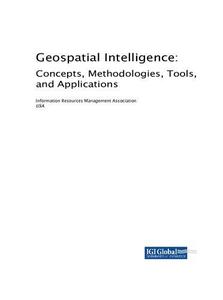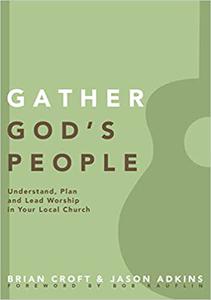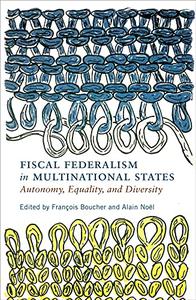Jan
13
2023
Goethe's Science of Living Form The Artistic Stages
kenn 13 Jan 2023 00:01 LEARNING » e-book
Goethe's Science of Living Form: The Artistic Stages By Nigel Hoffmann
2007 | 174 Pages | ISBN: 0932776353 | PDF | 6 MB
In this groundbreaking book, Nigel Hoffmann shows that understanding the dynamic, living qualities of nature requires artistic capacities. He distinguishes four stages of scientific inquiry that correspond to the four classical elements of Earth, Water, Air, and Fire. Modern analytical science with its causal thinking can be characterized as an Earth mode of cognition. A dynamic approach that follows transformation over time requires a sculptural sense of form and corresponds to the element of Water. The stages of Air and Fire engage yet more vital aspects of nature through musical and poetic capacities.Combining scholarly-scientific acuity with artistic insight, Hoffmann first characterizes these four different ways of knowing. He then applies them, leading us ever more deeply into the dynamic qualities of specific plants, animals, and the landscape they live in. In doing so, he demonstrates how this four-step methodology provides a comprehensive framework for the life sciences.This beautifully illustrated book will appeal to all who are interested in gaining deeper insights into nature."I put my hopes for the future in such practice because it plants seeds of a life-attuned thinking into the world that can help us to act in more life-engendering ways." ―Craig Holdrege (in his foreword)Contents:Art and the Emergence of an Authentic Organic ScienceGoethe and the Phenomenological MethodToward an Authentic Method in the Life SciencesA Goethean Methodology through the Elemental ModesEarth Cognition―Physical Thinking―the MechanicalWater Cognition ― Imagination ― the SculpturalAir Cognition ― Inspiration ― the MusicalFire Cognition ― Intuition ― the PoeticalEvolution as Creative ProcessThe Landscape and its OrgansThe Human Being and the Evolution of LandscapeThe Yabby Ponds: A Goethean Study of Place









